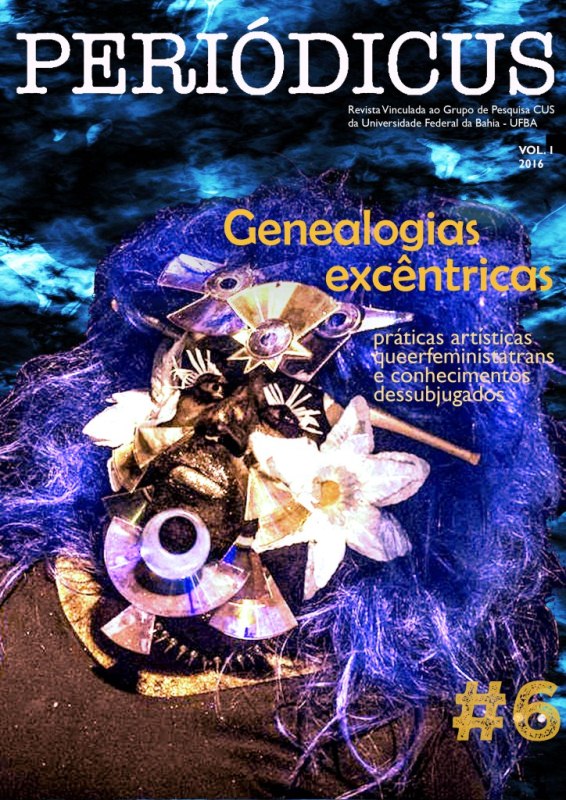Teoria Queer entre a Pós-modernidade e o Presentismo: um caminho crítico possível?
DOI:
https://doi.org/10.9771/peri.v1i6.20563Abstract
O artigo aborda o campo da história das relações de gênero e da sexualidade a partir das propostas subversivas da Teoria Queer. O objetivo é pensar os fundamentos teóricos e temporais da Teoria Queer, enquadrando-a, de modo necessariamente instável e crítico, à temporalidade contemporânea, aqui entendida como Pós-moderna. A questão posta pelo texto é pensar a temporalidade que informa, ainda que implicitamente, o campo de pesquisas acadêmicas denominado Teoria Queer. Para tanto, serão mobilizados os conceitos de regime de historicidade e de presentismo articulados pelo historiador François Hartog. Dessa forma, algumas das questões que o texto investiga são como e em que medida a Pós-modernidade informa a Teoria Queer; como esta concilia, ou tenta conciliar, as ambiguidades opressivas da temporalidade pós-moderna. Neste quadro, o queer é realmente subversivo? Como o é? E o que ele quer realmente subverter? Finalmente, em sua forma mais geral, a questão é se a Teoria Queer pode ser uma trilha crítica a ser percorrida no labirinto pós-moderno.Downloads
Downloads
Published
How to Cite
Issue
Section
License
Copyright (c) 2017 Revista Periódicus

This work is licensed under a Creative Commons Attribution-NonCommercial 4.0 International License.
Authors who publish in this journal agree to the following terms:
Authors retain copyright and grant the journal the right of first publication, with the work simultaneously licensed under a Creative Commons Attribution Noncommercial License that allows the work to be shared with acknowledgment of authorship and initial publication in this journal, but prohibits commercial use.
Authors are authorized to enter into separate additional contracts for non-exclusive distribution of the version of the work published in this journal (e.g., publishing in an institutional repository or as a book chapter), with acknowledgment of authorship and initial publication in this journal.
Authors are permitted and encouraged to publish and distribute their work online (e.g., in institutional repositories or on their personal website) at any point before or during the editorial process, as this can generate productive changes and increase the impact and citation of the published work (see The Effect of Open Access).








